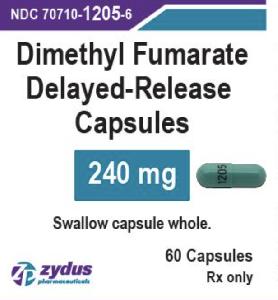

Several factors can affect the choice for or against a specific DMT: disease activity, disability status, health-care delivery, previous treatments, risk tolerance, potential adverse effects, patients’ preferences, information provision, and the physician’s experience. Without data on the long-term effectiveness, the true impact on patients remains unclear. All of them can have mild to severe adverse effects. DMTs aim at reducing the number and severity of inflammatory attacks and delaying the onset of the progressive phase of MS. In the last decade, a wide range of disease-modifying therapies (DMTs) for RRMS became available and continues to emerge. (2) Nearly 15 years after diagnosis, about half of the patients with RRMS develop secondary progressive MS (SPMS) and (3) about 10–15 % are diagnosed with primary progressive MS (PPMS). Three major forms of disease course are distinguished: (1) Relapsing-remitting MS (RRMS) is the most frequent type, which is characterized by unpredictable relapses followed by periods with no new signs of disease activity. Three times as many women as men are affected. In Germany, about 224.000 people with MS (pwMS) live with the disease, mostly diagnosed at age 20 to 40. Multiple Sclerosis (MS) is a chronic, inflammatory, and degenerative disease of the central nervous system. The findings demonstrate the importance for practitioners to look at current life circumstances of patients with multiple sclerosis when recommending a DMT and to promote and enable patients to make informed decisions. The study provides a rich and nuanced amount of patients’ experiences with DMTs. Experiences with DMTs were characterized by attempts to handle uncertainty and to (re)gain control and integrate adaptivity into one’s life. The decision-making process for or against a DMT and the use of those treatments can be understood as a constant, continually shifting process, complicated by different factors, which change over time. Individual experiences with DMTs in daily life contained the effort in administration, success, and failure of DMTs, coping strategies and well-being without DMTs. Different intercorrelated factors influenced the decision-making processes for or against a DMT. The main themes were: (1) starting a DMT, (2) switching to another DMT, (3) discontinuing a DMT, and (4) multiple sclerosis without starting a DMT. ResultsĤ7 of 50 patients had treatment with at least one of the approved DMTs. Data were analysed thematically using deductive and inductive categories. Problem-centred interviews were conducted with 50 people with relapsing-remitting multiple sclerosis in Germany using maximum variation sampling and covering all licensed DMTs. In an interview study, we aimed to assess patients’ experiences with DMTs. Besides coping with a disease with many uncertainties, people with relapsing-remitting multiple sclerosis face complex decisions concerning disease-modifying therapies (DMTs).


 0 kommentar(er)
0 kommentar(er)
